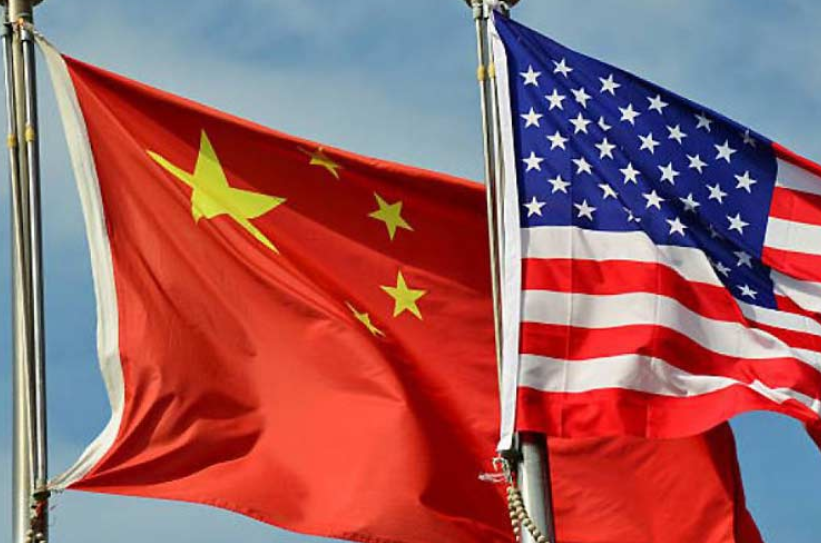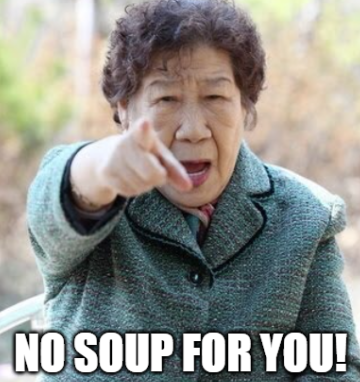Bloomberg with the headline citing NK state media KCNA


Facing what a Trump administration official recently called “the most significant geopolitical challenge since the end of the Cold War” in the Indo-Pacific theater, the U.S. military will embark on a realignment of its global posture.
Several thousand of the troops currently posted in Germany are expected to redeploy to American bases in Guam, Hawaii, Alaska, Japan and Australia.
Priorities have changed. During the Cold War, American defense strategists thought it important to maintain a massive land force in Europe to keep the Soviet Union at bay. In the 2000s, the focus was primarily on the Middle East as the U.S. waged its “war on terrorism” in Iraq and Afghanistan.
Now the game planning centers on China.
To counter the “two great-power competitors” of China and Russia, “U.S. forces must be deployed abroad in a more forward and expeditionary manner than they have been in recent years,” wrote Robert O’Brien, President Donald Trump’s national security adviser, in a Wall Street Journal opinion piece late last month.
Toward this end, the administration will reduce its force permanently stationed in Germany from 34,500 troops to 25,000.
The 9,500 who are leaving will be reassigned elsewhere in Europe, redeployed to the Indo-Pacific region, or sent back to bases in the U.S.
On the Indo-Pacific, O’Brien wrote: “In that theater, Americans and allies face the most significant geopolitical challenge since the end of the Cold War.”
Beijing continues to pour money into its forces, for instance. The Japanese government’s defense white paper estimates that China’s true defense spending exceeds its announced annual budget, which amounts to roughly triple Russia’s.
The crux of the Chinese defense strategy is anti-access/area denial, or A2/AD — an effort to keep American ships and fighter jets from approaching the shores of China. Toward this end, the Chinese have been strengthening their precision missile systems and sophisticated radar capabilities.
Analysts see three trends in the U.S. military’s global operations. One is the geographical shift from Europe and the Middle East to the Asia-Pacific. Second is the shift from land-based combat to an “Air-Sea Battle” concept. The third, and perhaps most characteristic to Trump, is a desire to hold down defense spending. (more…)



Japan is caught in a sensitive situation as prime minister Abe has reiterated ‘serious concern’ about China enacting the national security law in Hong Kong and also having said that they want to take the lead on issuing a G7 statement on the matter.
Old habits die hard and as the coronavirus crisis settles down, trade wars are coming back into focus and the one between Japan and South Korea remains a focal point in the region.